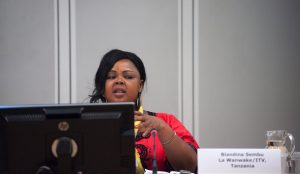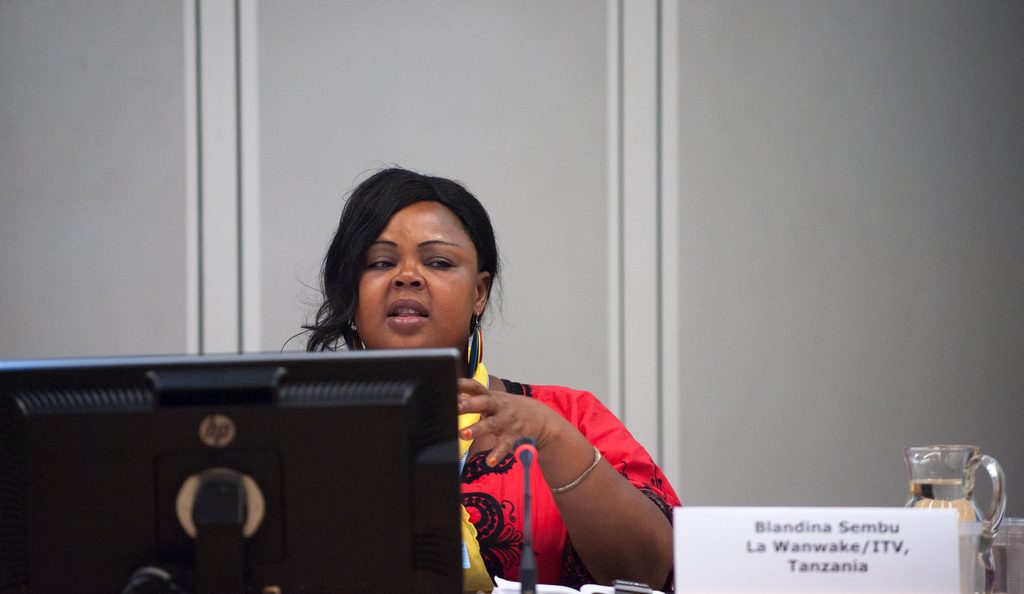
If the Chinese City of Beijing comes to mind every time you talk about gender issues it’s probably advisable not to read beyond this first sentence.
But, if gender will possibly mean little else beyond pub talk, or coinage floated around in policy corridors, then please read on. It’s a bit weird, also, that every time we talk about gender we seem to wander off our own homes – where mum and dad live, and where we’ve siblings from both sexes.
Across cultures, the word ‘gender’ somehow elicits female feelings, for all the wrong reasons – because gender means all of us, men and women put together; the only difference lies in attitude. And, because of such misplaced metaphors, we seem to believe certain jobs and careers should remain the preserve of either men or women alone.
We now read that Tanzania is currently facing an undeniable challenge: There are fewer girls in the information and communication technology (ICT) fields than (we’ve) the boys, and those girls who venture into that field often opt for the softer roles instead.
This shouldn’t be the case, because we’ve had cases of female engineers outperforming their male colleagues in fields once considered ‘men-only’ work stations. Apart from the odd female driver or mechanic, we also have sterling examples in STEM, short for Science, Technology, Engineering and Mathematics.
One of them is working on introducing new water in Tanzania which is made using the latest technology including none-filters and infusion of natural salts. The water becomes like original — basically the water which was drunk by Adam and Eve.
This water is very unique and has various advantages. It’s big news in South Africa, where it was first developed, and is currently “selling like crazy” in a foreign country, rather than the country of origin of the inventor.
That’s the story of Hulda Swai, now resident in South Africa, possibly because it’s easier for her there – than here. We also have a chemical engineer who soon veered into business – with her own ‘products of nature’ doubling as beauty creams and skin elixirs.
If anything, these two example prove one thing: STEM can quickly move from a subject combination of science in real life – made by women. Kudos to our women.

